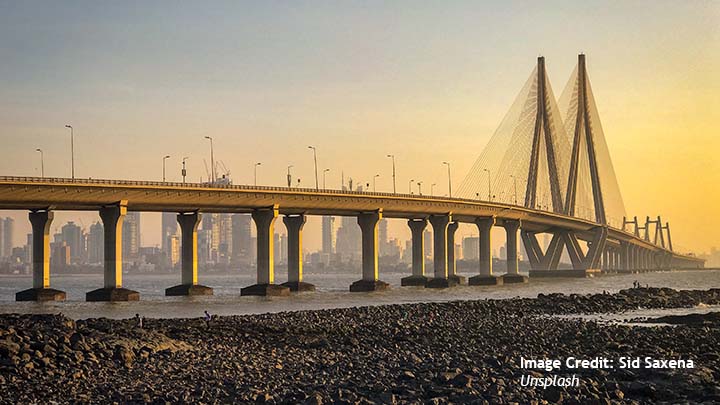China’s BRI Diplomacy: What it Means to India and India’s Rise

Jagannath Panda
Introduction:
In the post-COVID-19 world order, particularly, amidst intensifying great power competition and changing regional and global power dynamics, infrastructural advancement has taken on new and expanded significance. However, the COVID-19 pandemic witnessed the BRI projects around the world halted, leading to major setbacks in timeline. This chapter seeks to look at how China’s BRI is shaping post-COVID-19; it assesses how India’s response to the same has emerged over the years and how it may shift in the coming times. Further, the chapter analyses how India’s own infrastructure projects can manage the post-pandemic containment of the BRI corridors.
Related Publications
-
Navigating the Indo-Pacific: How Australia and the EU Can Partner for Peace, Stability, and Prosperity
To navigate the choppy waters of the Indo-Pacific, the EU and Australia must be on the same wavelength regarding shared interests in rules, values, and an open and liberal economic […]
-
Trade, Connectivity and Supply Chains in EU-India Relations
In the decade and a half since 2007 when the EU and India first started their FTA negotiations, the world economic order has undergone a sea change. During that period, […]
-
Can UAE become an Indo-Pacific Sea Power?
Amidst the intensified race over connectivity in the Indo-Pacific in a competitive infrastructure marketplace, the UAE is positioning itself to play an important role through strategic investments in ports abroad […]
-
ISDP Annual Report 2023
ISDP’s Annual Report for the year 2023. We look back on 2023, a year in which tensions and conflicts captured the strategic space in ISDP’s focus areas, making headlines around […]
-
Bangladesh: Strategies and Requisites for Growth
Over the past decade, Bangladesh has achieved an impressive annual growth rate of around 7 percent, with the GDP soaring from USD 18.14 billion in 1980 to USD 460.2 billion […]




